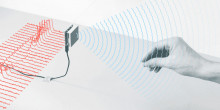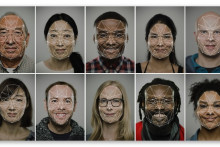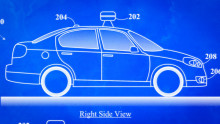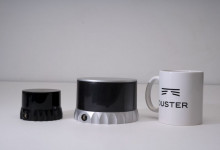Google’s “Project Soli” radar gesture chip isn’t dead, gets FCC approval
Google's radar-based gesture control system for mobile devices, Project Soli, isn't dead yet. The project, which was announced all the way back in 2015, has popped up at the FCC, where it has been approved for use in the 57- to 64-GHz frequency band.













































































